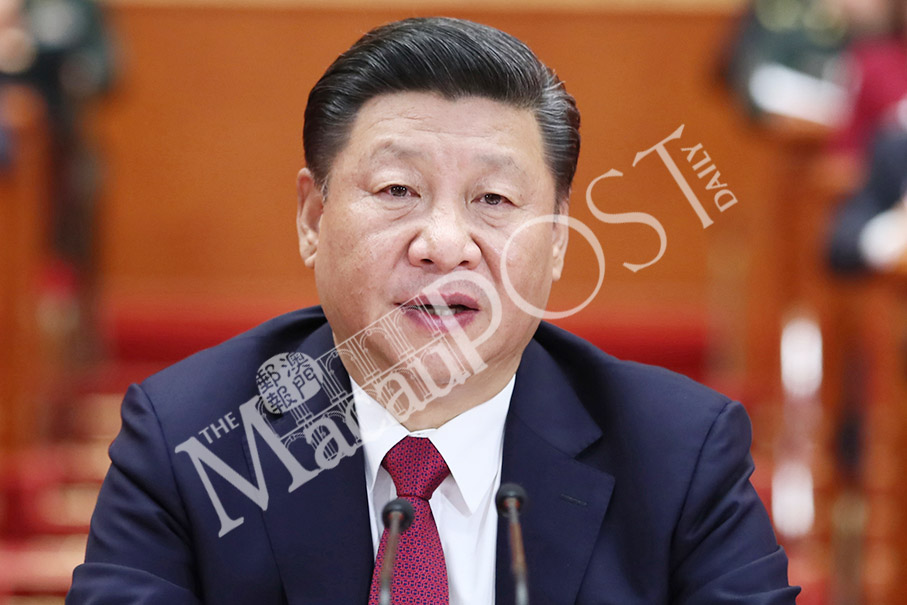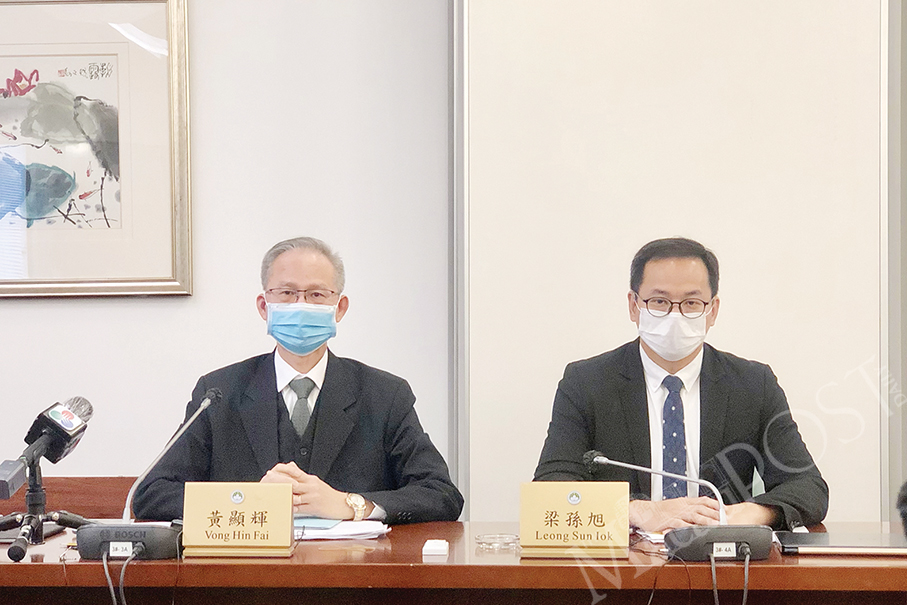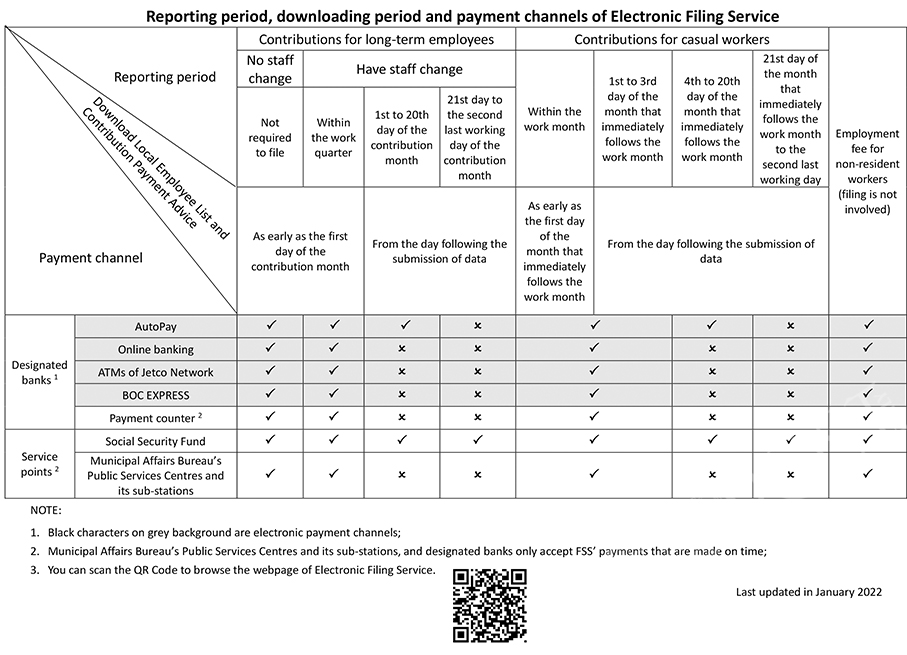BEIJING – The ruling Communist Party of China (CPC) approved a revised charter that enshrined President Xi Jinping’s name under its guiding principles, elevating him to a status that eluded his two immediate predecessors.
The revised CPC constitution approved yesterday at the end of the party’ twice-a-decade congress in Beijing listed “Xi Jinping Thought on Socialism with Chinese Characteristics for a New Era” alongside the theories of Mao Zedong and Deng Xiaoping. While presidents Jiang Zemin and Hu Jintao also secured contributions to the charter, neither was featured by name.
Many of Xi’s major initiatives of his first five years in power were added to the text, from his anti-corruption campaign to his Belt-and-Road (B&R) Initiative and the People’s Liberation Army (PLA) overhaul, described as “Xi Jinping’s strong military thought.” It also included Xi’s call to “let the market play a decisive role” in the economy, a maxim the party first embraced in 2013.
The revisions cement Xi’s rapid consolidation of power, laying the groundwork for him to influence the nation’s policy for decades to come. No leader since Mao has managed to put his stamp on the party’s prevailing ideology in its foundational document before stepping down.
“It clearly elevates Xi’s status in the party above his two predecessors and puts him on a pedestal on par with historical figures,” said Xie Yanmei, a China policy analyst for the Beijing-based consulting firm Gavekal Dragonomics. “The message is that the party is shifting from collective rule by cookie-cutter technocrats to rule by one charismatic leader.”
The party’s 19th National Congress yesterday also selected a new Central Committee including several younger members who could extend Xi’s influence for years into the future. Left off the list, however, was Wang Qishan, 69, a Xi ally who was closely watched to see if he might stay on past the retirement age of 68.
Every party constitution adopted in the past seven decades has included a statement of the party’s guiding principles. “Mao Zedong
thought” was added in 1945, alongside Marxism-Leninism. Deng Xiaoping theory was enshrined in the party constitution posthumously in September 1997, seven months after he died.
The document approved yesterday at the end of the party’s week-long congress also vowed to continue “resolutely upholding Xi’s leadership as the party’s core leader.” The moves give Xi greater power to enact policies after a crucial reshuffle today, when the party will select a new Politburo Standing Committee, the country’s top political body.
Jiang Zemin had his “Three Represents” theory adopted in 2002 as he stepped down after 13 years as party chief. Hu Jintao’s “Scientific Outlook on Development” was added as the latest element to the party guiding principles in 2012, also when he retired from the party leadership.
Xi’s theory builds on Deng’s “socialism with Chinese characteristics,” the party’s explanation for introducing capitalism into its communist political structure. By declaring a “new era,” Xi is both acknowledging Deng’s reforms, while seeking to move beyond them.
Central to Xi’s guiding theory was his statement at the start of the congress last week revising the central problem confronted by the
nation’s policy makers. “What we now face is the contradiction between unbalanced and inadequate development and the people’s ever-growing needs for a better life,” Xi told party officials last Wednesday.
He listed 14 points as basic focus areas for the new era. They included upholding party leadership in all work, deepening reform, the rule of law, improving people’s livelihood, ecological balance, national security, contributing to global development and maintaining the international order.

Xi Jinping presides over the closing session of the 19th National Congress of the Communist Party of China (CPC) at the Great Hall of the People in Beijing yesterday. – Xinhua








